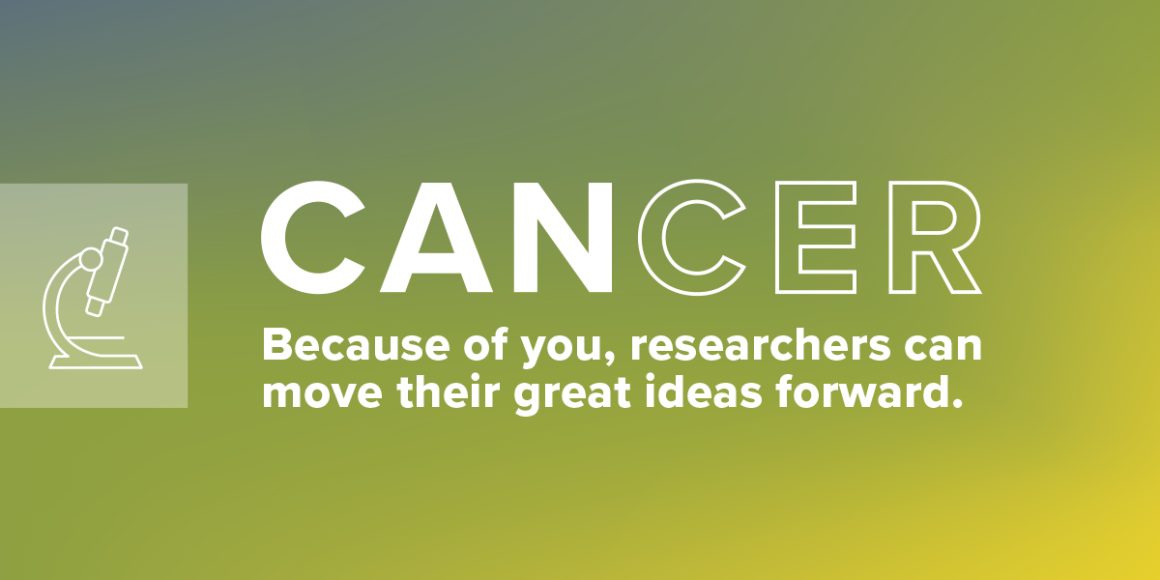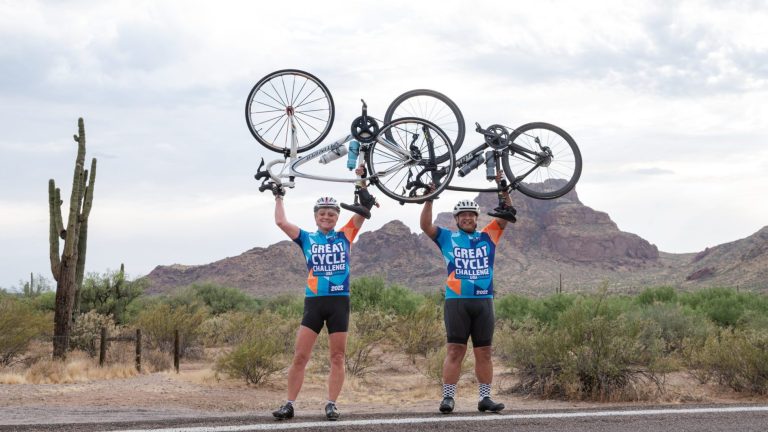Childhood brain tumors are among the deadliest of childhood cancers — in fact, brain tumors are the leading cause of cancer-related death in children. Every time you give to Children’s Cancer Research Fund, children with cancer get one step closer to a cure – and to safer treatments, without lasting side effects.
Promising Treatment for Rare Brain Cancers
In recent years, your generosity accelerated the work of leading cancer researchers in the field, all across America. One prime example is the work of Dr. Christopher Moertel and his colleague, Dr. Michael Olin.
Every year, hundreds of children in the U.S. are diagnosed with diffuse intrinsic pontine glioma (DIPG) or diffuse midline glioma (DMG) – pediatric brain tumors that are both aggressive and very difficult to treat. With current treatments, these young patients typically survive only 9-13 months – a tragic reality.
As pediatric neuro-oncologist Dr. Moertel says, “Ask any parent and they’ll say, ‘All I want is time.’”
Now, a groundbreaking clinical trial at Children’s Minnesota is testing a new treatment combination developed by Drs. Moertel and Olin, whose partnership at the University of Minnesota has been fueled in part by long-time funding from CCRF.
Unlocking the Immune System to Attack Brain Tumors
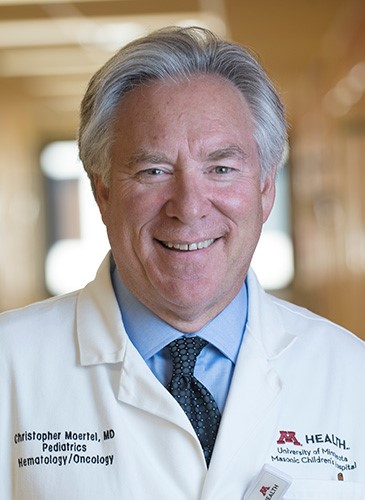
Dr. Moertel
Drs. Moertel and Olin have developed an innovative treatment approach that could change everything. Dr. Olin discovered brain tumors produce a protein that essentially puts up a shield against the immune system. He then created a special molecule that breaks down this shield, allowing the body’s natural defenses to attack the cancer.
“Our whole goal from the beginning was to find a way to treat incurable brain cancers,” says Dr. Moertel. “If we can break down the tumor’s barrier to allow the immune system to do its job, then we are well on the way to helping cure those kids.”
The work that led to this groundbreaking clinical trial began nearly two decades ago. With CCRF support, the team continued to explore and identify breakthroughs in understanding and treating this rare type of childhood brain cancer. They didn’t stop there. Through collaboration with other researchers, they are finding that this approach may also have efficacy in improving treatments for other cancers as well, including malignant melanoma and metastatic breast cancer.
Together, Dr. Moertel, Dr. Olin and their collaborators are bringing new hope to children – and adults – who are fighting these challenging cancers.
Making Each Birthday BIG
Birthdays for kids are usually exciting. But for Carson, they’re always a big deal.
Because before his first birthday, he was diagnosed with congenital glioblastoma, a rare and aggressive brain cancer.
He was brave from the beginning – enduring seemingly endless chemotherapy, surgeries and transfusions across countless hospital stays and clinic visits. “Most little boys just get to be little boys,” his mother says. “But Carson doesn’t know any different.”
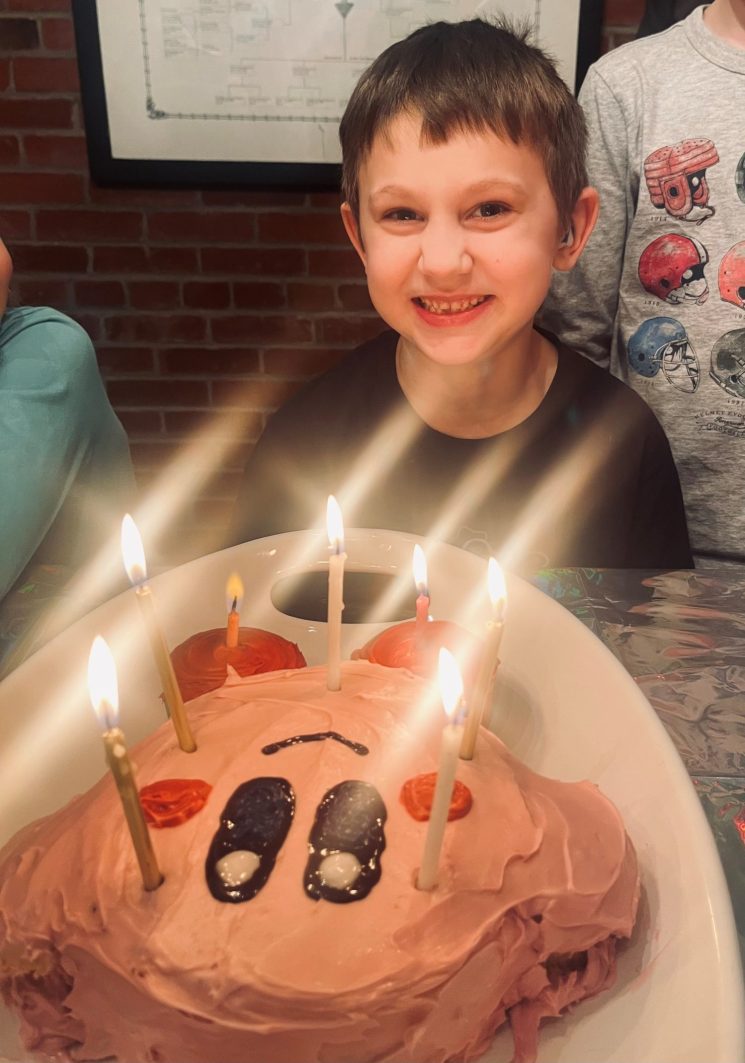
Carson celebrating his 7th birthday
Today, he’s a happy, healthy little guy who loves math, Minecraft and snuggling with his dog. According to his mom, “He's a smart and hilarious little boy. He jumps, climbs, swings and laughs his way through life!”
But Carson now has a speech delay and hearing loss in both ears – and not from the cancer. Treatment options available to him at the time caused this damage.
“Our son was an inspiration through treatment, never losing his smile.”
Carson’s story is both a story of hope and a prompt to keep pushing for safer treatments for childhood cancer. Which is why we are deeply committed to developing safer treatments for children’s cancer, without long-term side effects.
Addressing Social Isolation
Brain tumors, and the methods used to treat them, can cause lifelong physical challenges, and learning and social difficulties, including feeling isolated from their family and friends.
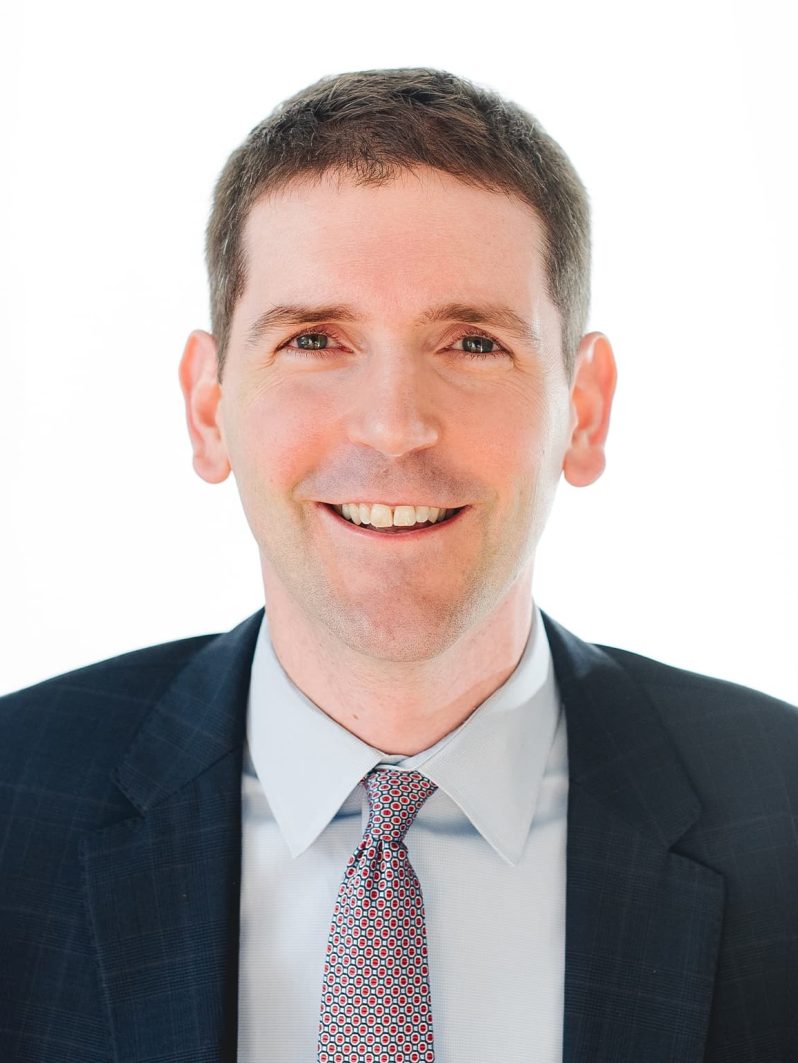
Dr. Hocking
With CCRF funding, Matthew Hocking, PhD, and his team from the Children’s Hospital of Philadelphia are investigating one of the most often-overlooked aspects of survivorship after childhood brain tumors: social connectedness.
Evidence has shown that survivors of childhood brain tumors have fewer friends and feel more isolated than their peers, and many scientists think that difficulties in face processing and visual social attention could be to blame.
Dr. Hocking’s study will enroll 40 children ages 6-10 who have completed brain tumor treatment within the past two years. Half the enrolled participants will be led through a face-processing intervention program called FaceSay, a game-like computer program that aids in different aspects of face processing. The other half will participate in an online reading program.
Dr. Hocking is finding ways to help these young survivors enhance their facial processing abilities to improve their social function, decrease their feelings of isolation and set them up for relational success for the rest of their lives.
Now and in the Future
Kids like Carson still need your support – they need researchers who are dedicated to finding new and better treatments and then improving long-term quality of life. You can help us fund projects that help kids who have already been through so much – and set them up for long, fulfilling lives after cancer.
Through your generous giving, you’re powerfully advancing, expanding and speeding the urgently important work of childhood cancer research – not just in one hospital or institution but in many. With your help, we’re fueling our mission to fund the best and brightest childhood cancer researchers across America.

